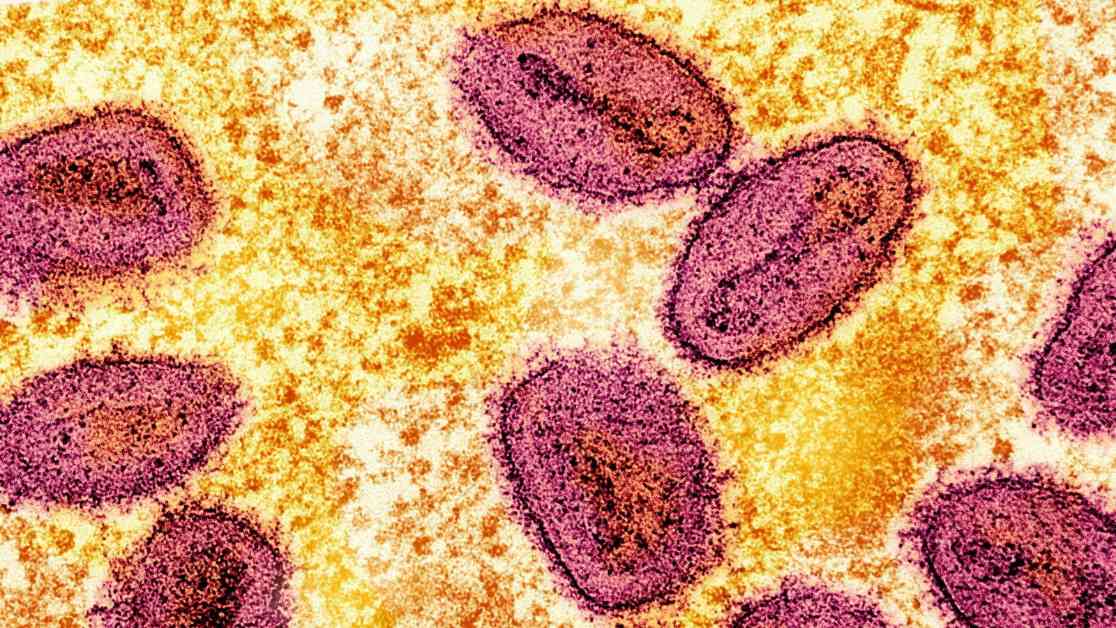Two additional cases of a new strain of mpox have been identified in the UK, according to officials. Last week, the UK Health Security Agency (UKHSA) reported one case of the mpox virus variant Clade 1b in London. The agency has now confirmed two more cases in household contacts of the initial patient. These two new patients are currently receiving specialized care at Guy’s and St Thomas’ NHS Foundation Trust in London.
Despite these new cases, the UKHSA reassured the public that the risk to the UK population remains low. Extensive planning has been put in place to ensure healthcare professionals are ready to respond to any further confirmed cases. Professor Susan Hopkins, the UKHSA’s chief medical adviser, explained that mpox is highly contagious within households with close contact, making it unsurprising to see additional cases within the same household. Efforts are underway to identify and contact all individuals who have come into contact with the confirmed cases to minimize the risk of further spread.
The initial case detected in London involved an individual who had recently traveled to Africa. After returning to the UK, the person developed flu-like symptoms followed by a rash that worsened over the following days. The UKHSA is actively monitoring all contacts of the three cases and offering testing and vaccination as necessary.
Mpox symptoms typically include a skin rash or pus-filled lesions that can persist for two to four weeks. Other common symptoms include fever, headaches, muscle aches, back pain, low energy, and swollen lymph nodes. Transmission of mpox, including the Clade 1b strain, usually occurs through close physical contact, contact with infected animals, or sexual transmission.
Mpox is a viral disease that has historically been prevalent in central and western Africa. The disease was first identified in humans in the Democratic Republic of the Congo in 1970 and has since been a long-standing issue in the region. Previously known as monkeypox, the disease was renamed in 2022 by the World Health Organization due to concerns about the original name being perceived as racist and stigmatizing.
While the UK has experienced cases of mpox in the past, most notably during a global outbreak in 2022, efforts were made to control the spread through a vaccination program. By the end of 2022, the number of confirmed cases in the UK had risen significantly, with most cases concentrated in England. However, there have been no reported deaths attributed to mpox in the UK.
To address the current situation, the UK has an ample supply of mpox vaccines, and additional doses are being procured to support a routine immunization program. These measures aim to prevent further cases and protect public health.













